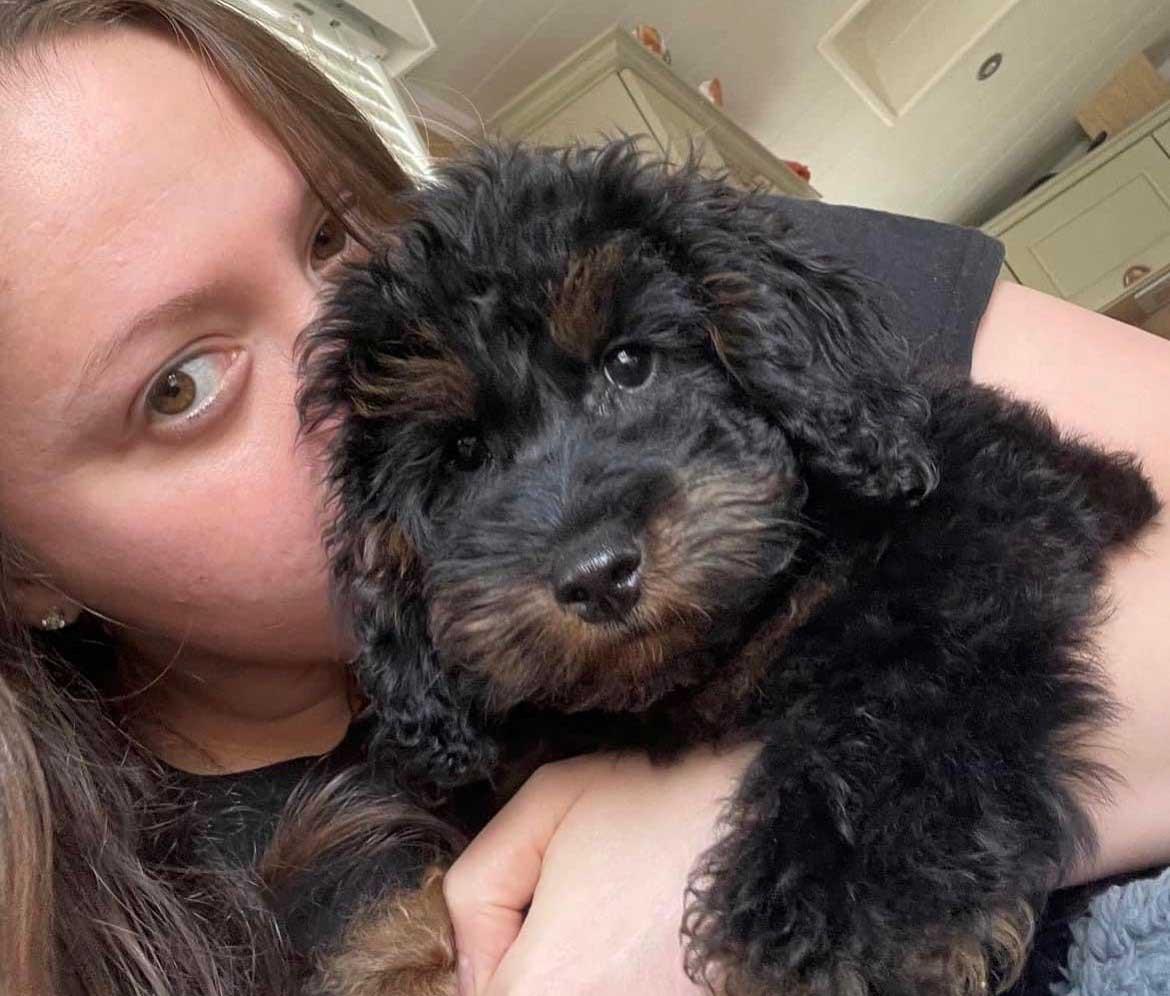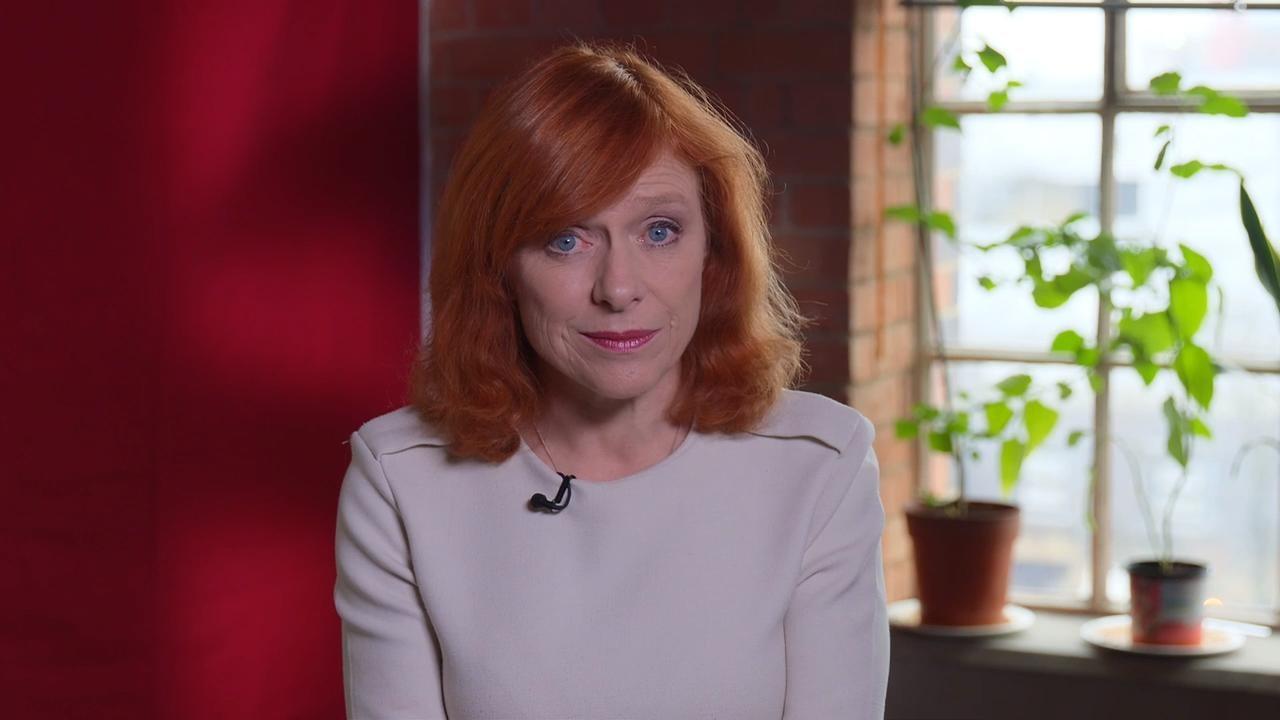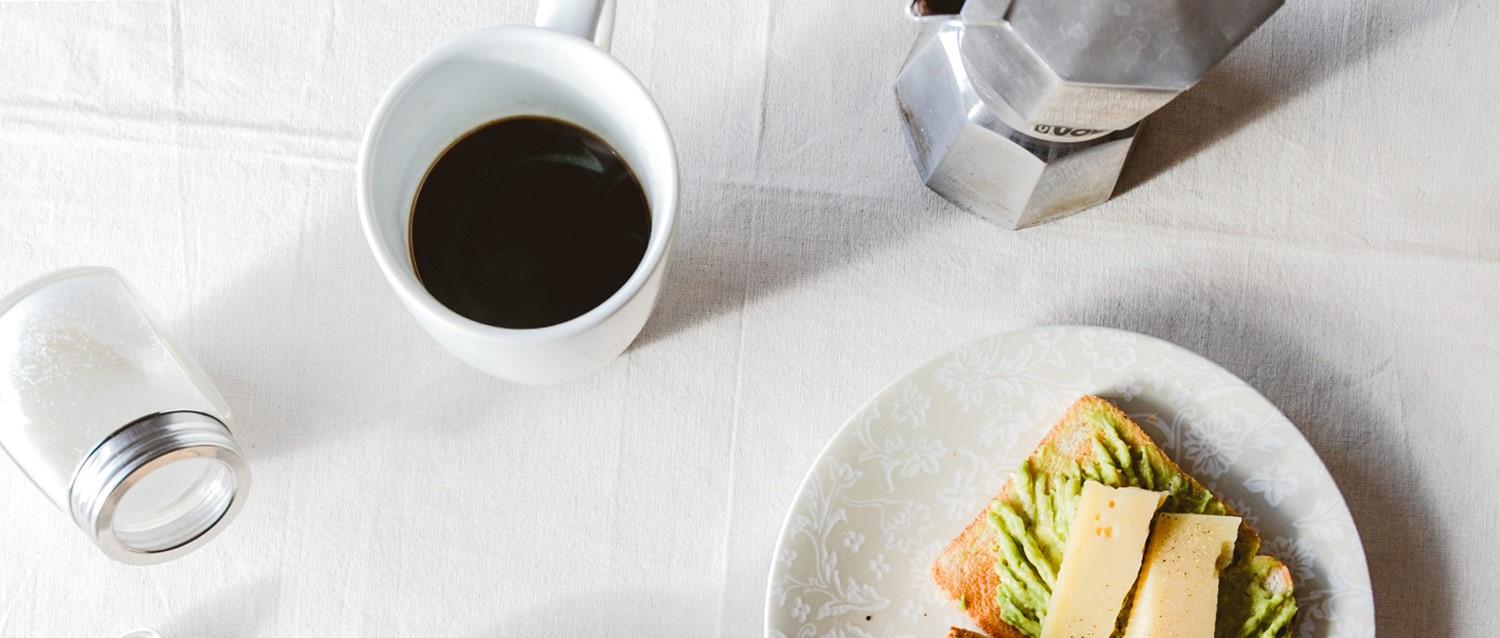
Living with endometriosis - Keisha's story
Peer reviewed by Dr Krishna Vakharia, MRCGPAuthored by Amberley DavisOriginally published 18 Apr 2023
Meets Patient’s editorial guidelines
- DownloadDownload
- Share
- Language
- Discussion
Worldwide, around 200 million women have endometriosis. It's one of the most common female-specific health conditions, yet tales of delayed diagnoses, problems treating pain, and mental health struggles are common. Keisha shares her own story to help other women find the endometriosis support they need
In this article:
Continue reading below
Endometriosis and the gender health gap
"I did not know what endometriosis was. I had never heard of it - I had not been taught about it at school. To this day, this shocks me, when it affects 10% of those who identify as women at birth," - Keisha Meek on getting diagnosed.
Endometriosis is a female health condition where tissue that acts in the same way as the lining of the womb grows in other places. Like in the womb, this tissue thickens and breaks down with each period, but becomes trapped when it can't exit the body. Endometriosis can cause severe pain and affect fertility, among other symptoms.
In the UK, it's thought that one in 10 women are living with endometriosis - the second most common gynaecological condition. Yet, according to a government report, the impact of endometriosis is overlooked, and on average it takes 7.5 years to get a diagnosis, and 10 or more GP appointments to access specialist care1.
As a female-specific condition, the challenges that women face in endometriosis care have been linked to a gender health gap - a term used to bring together evidence that would suggest your gender has a bearing on the healthcare you receive. Studies find that women are less likely to get diagnosed, wait longer for pain relief2, and consistently have their pain under-estimated and under-treated3.
But sharing and listening to women's experiences with endometriosis could help to make this condition more understood, and enable more women to find the clinical and emotional support they need. This is why Keisha shares her personal story - and her quest for the knowledge and support that would improve her quality of life.
Keisha's story
Keisha is a 31 year old operations manager from Leeds. Her experience of living with endometriosis inspired her to set up the endometriosis support group National Endometriosis Survivors Support and to join the All Party Parliamentary Group (APPG) for endometriosis.
An advocate and activist for endometriosis support, Keisha has worked closely with the media to raise awareness worldwide. She lives with her eight-month-old puppy, Ollie, and is looking forward to welcoming her first child - a daughter - into the world very soon.
Keisha and her puppy Ollie

Continue reading below
10 years for diagnosis
"I have suffered with endometriosis for 20 years," says Keisha. "My symptoms started when I was 11 years old. However, I was not diagnosed until I was 21. This took 10 years.
"Many women in my endometriosis support group have waited for similar lengths of time, and for the BME (Black and minority ethnic) women, it often takes even longer4.
The teenage years
Spending her teenage years with undiagnosed endometriosis made Keisha's school life especially hard.
"For years, I was told that I was just a teenager who could not handle her period. There was no support or understanding at school - I would get detentions for truanting in the toilets when I wasn't physically able to go to class, and was punished for my poor attendance rate, because my symptoms kept me home so much. Excessive bleeding also caused me many embarrassing moments as a teenager, but my teachers reacted by getting annoyed," says Keisha.
"This lack of understanding around period pain, and what is normal, still exists today. In National Endometriosis Survivors Support, we support teenagers who have endometriosis symptoms but no diagnosis. When they visit the GP, many are told they are too young to have endometriosis. Medically, we know this isn't true."
Not only can menstruating teenagers develop endometriosis, but some evidence suggests the pain may start a couple of months before a girl's periods have started5.
Misdiagnosis and diagnosis
Endometriosis can be difficult to diagnose through ultrasounds and blood tests. At 17, Keisha was incorrectly diagnosed with PCOS, a different condition that also affects women of childbearing years. At 20, she had a hysteroscopy - a procedure to examine the womb - but her endometriosis was missed again.
One year on, it was a laparoscopy that eventually confirmed Keisha's condition. This operation, where a telescope-like instrument is inserted into the tummy through a small cut, is considered the best diagnostic method for endometriosis.
"Finally, I had my diagnosis, and finding out what health problem you have is so important for your mental health - particularly when pain is involved. However, I had never heard of endometriosis, and there were things I remained unaware of, like that this was a lifetime condition, and there was no cure."
Living with endometriosis
For Keisha, attempts to manage her endometriosis pain have involved multiple surgeries and hormonal treatments. Yet despite her diagnosis, it took time for Keisha to learn of endometriosis specialists, who carry out excision surgery, which she has since learnt is "the best treatment offering longer term pain relief."
The pain and mental health cycle
On average, women wait 16 minutes longer than men in emergency departments for pain relief, and are 25% less likely than men to be given opioids - medication used to treat severe pain2. One 2021 study found that the false belief that women are oversensitive to pain, and exaggerate it more easily, leads many healthcare staff to discount female pain3.
This is something that Keisha has experienced first hand: "my pain has led me to seek urgent help in A&E several times, and it has always been dismissed as something that's just part of endometriosis that I must live with.
"It's really sad that this is a common experience. You can become trapped by the pain you're in - and it's so dangerous to try and self-manage with painkillers. I've had people in my support group who have accidentally overdosed.
"Tragically, others have taken their own life on purpose. I've been in this position myself, before I found an endometriosis specialist. In cycles of really bad pain, it's too easy to feel like there's no escape."
Keisha feels that a more joined up approach for treating chronic pain and associated mental health problems would help. For example, if cognitive behavioural therapy (CBT) counsellors and doctors worked more closely together.
Finding the right support
"After years of suffering alone, not knowing one person with endometriosis, and feeling ashamed because of the taboo around periods and the fact that nobody had heard of it, I looked for other people like me with the condition," says Keisha.
Finding that there was no local support group, Keisha set up National Endometriosis Survivors Support in 2017. This would change her life, and the life of many others living with endometriosis, for the better.
"From setting up the group, I made friends who told me about endometriosis specialists, and got referred."
National Endometriosis Survivors Support Group

My fertility miracle
Since getting endometriosis support from her specialist team, Keisha has received life-changing fertility treatment. She says:
"Since I was 20, I've had four endometriosis-related pregnancy losses and was diagnosed with sub-fertility after a year of trying. I also had to have a medically-advised abortion, which was then followed by one of my ablation surgeries. Only last year, I was advised by specialists that, with my history of multiple losses and 12 surgeries, it would be unlikely I would conceive.
"However, due to the amazing work of Dr Kremer and his team, I am now 28 weeks pregnant and what a miracle she is! I feel extremely lucky."
Half of people with endometriosis experience fertility issues, but Keisha's story is one of hope - and of the power of finding endometriosis support in people going through the same as you.
Where to find endometriosis support
If you're living with endometriosis and need specialist or emotional support, you may find these resources helpful:
Specialist endometriosis centres - you can find your nearest centre by visiting bsge.org.uk.
Endometriosis support groups - for example, Keisha's National Endometriosis Survivors Support group provides information and online support on Facebook and Instagram, and is open to people with endometriosis, PCOS, period issues and fertility issues, whether diagnosed or undiagnosed.
Endometriosis charities - for example, Endometriosis UK membership provides priority booking for information webinars and events.
Endometriosis podcasts - for example, The cycle - endometriosis and Unheard of: the hidden voices of endometriosis aim to share stories and create communities for those living with the condition.
Endometriosis on social media - for example, the Endometriosis Dietitian shares diet advice to help you manage your symptoms.
Our tips for managing endometriosis pain - explains the lifestyle changes and at-home treatments that can ease pain and make life that little bit easier.
Continue reading below
Further reading
Patient picks for Endometriosis

Women's health
Video: Can endometriosis occur whilst pregnant?
Endometriosis, a condition in which tissue similar to the lining of the womb grows elsewhere like the ovaries or bowel is one of the most confusing conditions women can face. While some women have no symptoms, for others, it can be debilitating. Dr Sarah Jarvis explains some of the essential information to know.
by Lydia Smith

Women's health
Can changing your diet ease endometriosis symptoms?
Endometriosis affects around one in ten women in the UK and can cause pain, infertility and misery. There's no guaranteed cure; while in some cases it settles on its own, it's usually treated with medication or surgery. However, some women claim that adopting an endometriosis diet by eating or avoiding certain foods can help reduce endometriosis symptoms. So what's the truth?
by Natalie Healey
Continue reading below
Article history
The information on this page is peer reviewed by qualified clinicians.
18 Apr 2023 | Originally published
Authored by:
Amberley DavisPeer reviewed by
Dr Krishna Vakharia, MRCGP

Ask, share, connect.
Browse discussions, ask questions, and share experiences across hundreds of health topics.

Feeling unwell?
Assess your symptoms online for free
Sign up to the Patient newsletter
Your weekly dose of clear, trustworthy health advice - written to help you feel informed, confident and in control.
By subscribing you accept our Privacy Policy. You can unsubscribe at any time. We never sell your data.